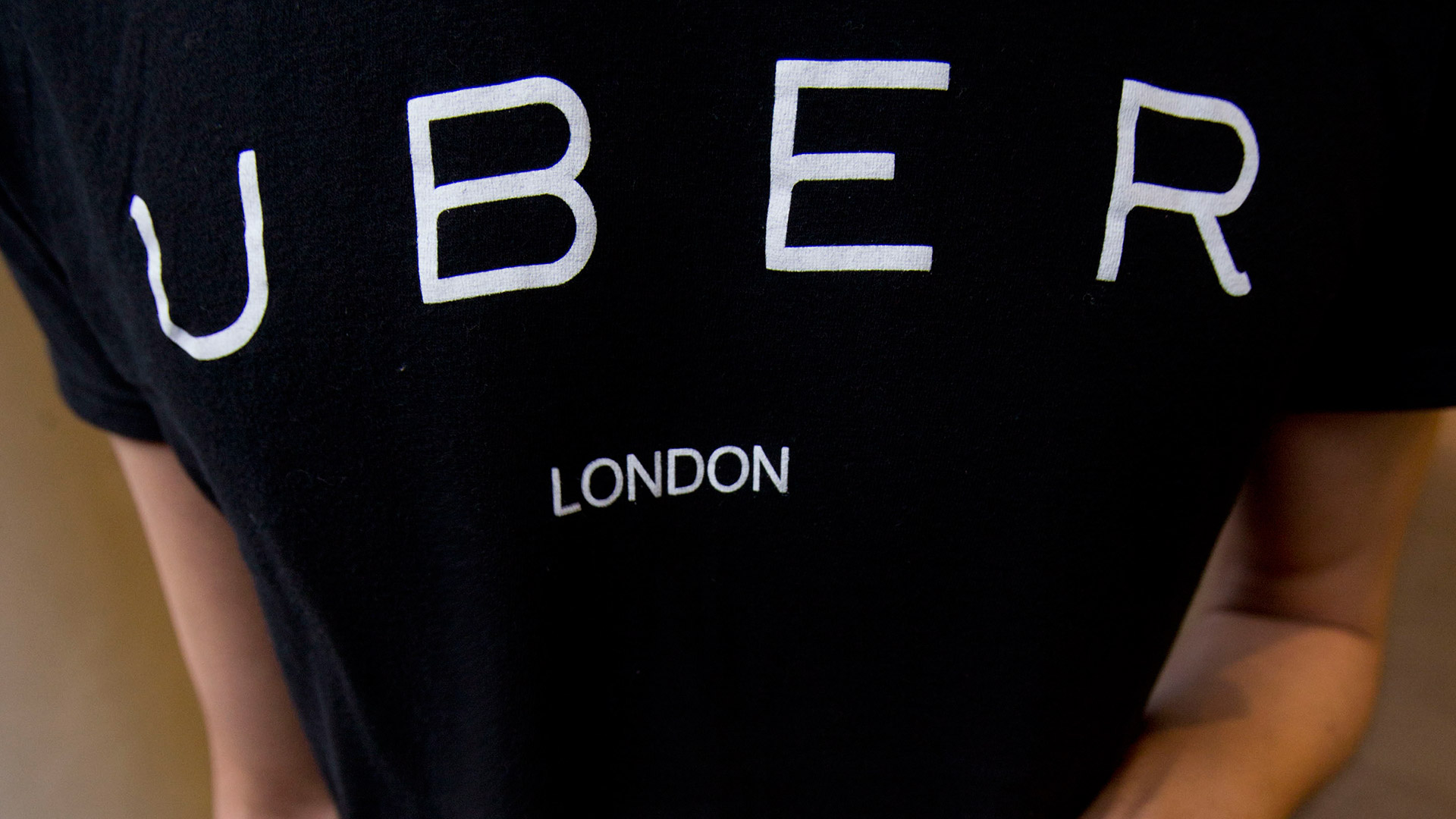

Uber has won the right to keep operating in London, at least temporarily. Judge Emma Arbuthnot of Westminster Magistrates’ Court granted the ride-hailing company a probationary license subject to review every 15 months. Uber will also be subject to more regulatory scrutiny.
Transport for London (TfL), the British capital’s transportation agency, declined to renew Uber’s operating license when it expired last fall. The agency cited concerns about certain Uber policies, including background checks and reporting of crimes committed by Uber drivers. Uber appealed the decision, and has been allowed to continue operating in London during the appeals process.
Under the terms of the decision, Uber must provide TfL with an independently-verified audit of its operations every six months. The decision also lays out rules for how Uber must report crimes committed by its drivers, complaints from passengers, and changes in policies related to data of drivers and passengers.
“We are pleased with today’s decision,” Tom Elvidge, general manager of Uber in the United Kingdom, said in a statement. “We will continue to work with TfL to address their concerns and earn their trust, while providing the best possible service for our customers.”
Judge Arbuthnot originally floated the idea of a 12-month probationary license with TfL officials, but Uber lawyer Thomas de la Mare argued, apparently successfully, for a 15-month license. Uber’s tone in court appeared conciliatory, with de la Mare saying that Uber had made some “pretty stupid” decisions. TfL avoided open hostility, but expressed skepticism about how quickly Uber could change. Following the decision, London Mayor Sadiq Khan indicated officials will continue to keep a close eye on the company.
“Uber remains strictly on probation, and TfL will monitor it closely. No matter how big or powerful you are, you must play by the rules,” Khan tweeted.
The London license revocation was just one event in a scandal-laden 2017 that saw Uber, among other things, accused of tolerating workplace sexual harassment, and using software called Greyball to circumvent U.S. regulators. Greyball software, which allegedly denied rides to users associated with police or government agencies, was another factor in TfL’s decision not to renew Uber’s license.
In contrast to the combative attitude of previous CEO Travis Kalanick, Uber has been on a charm offensive since Dara Khosrowshahi took over as CEO last September. Khosrowshahi quickly apologized to London residents, and has implemented policy changes. Uber has begun reporting crimes involving its drivers to London police, and has added features like a support hotline for drivers and, in the U.S., a button that connects passengers directly with 911 operators.
With roughly 45,000 drivers and 3.6 million users, London is one of Uber’s biggest markets. The company has a strong incentive to stay there, probation or otherwise. Uber’s conciliatory attitude in court shows that the company can be convinced to go along with regulators when revenue is at stake, potentially providing an example to other countries that have struggled to regulate ride hailing.